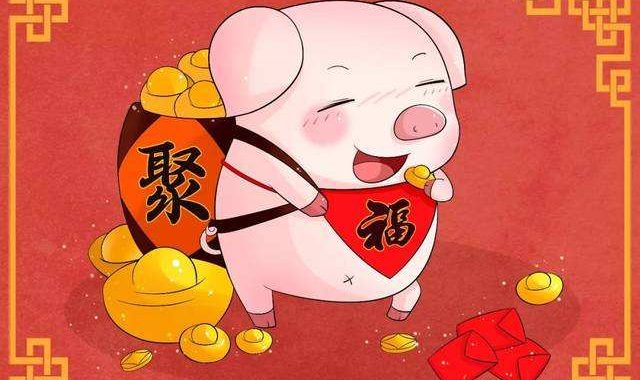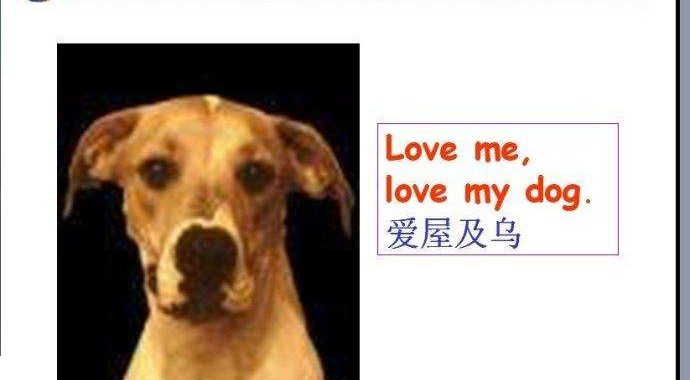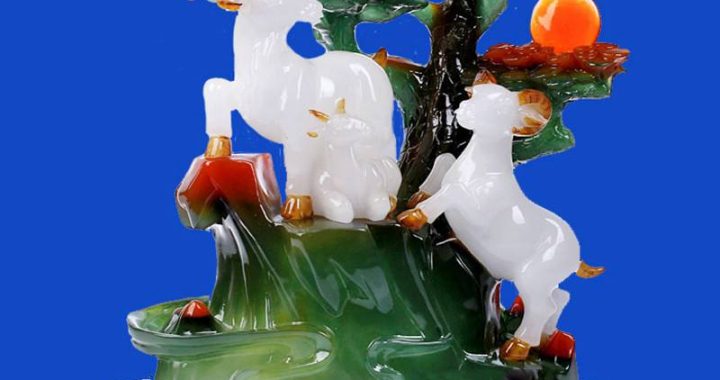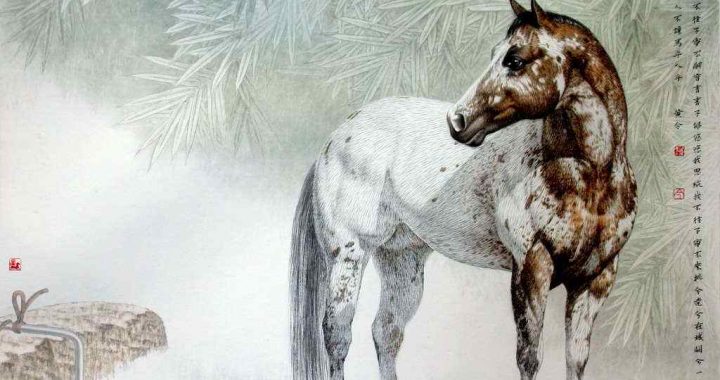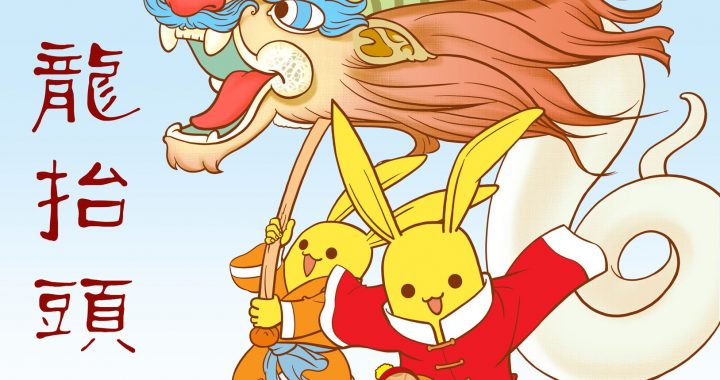What is the etiquette for public places?
2 min readChinese get used to being pushed and buffeted when they use public transportation or go shopping in public stores.They accept this as normal behaviorwithout expecting apologies.At the same time,the Chinese have been conditioned for centuries to ignore“outsiders,”meaning anyone not a member of their family,work unit,or circle of friends.They thus behave more or less as if others do not exist.

How do the Chinese traditionally accept a gift?
The traditional Chinese practice in gift-exchange is quite different from thatof Westerners.Chinese are taught as children that in order to show modesty and avoid any suggestion of personal greed,they should decline twice or three times when offered a gift.Usually when a gift is offered,there is then a seesaw battle in which the gift is offered and refused,offered and refused but finally acceptedwith appropriate expression of appreciation.The gift is supposed not to be opened on the spot;it is tucked away in a pocket or left on a table until the giver has departed.Only then is the parcel opened.One interpretation of this practice is that the receiver is preserving the face of the giver by avoiding any possibility of evaluating the gift in the presence of the giver and others.Such behavior is simply the Chinese manner.

What is the story of Kong Rong who let his elder brother take larger pears?
Kong Rong was a well-known man of letters in the late years of the Eastern Han Dynasty.According to historical records,he always abided by the courteous manners.
When he was quite young,Kong usually ate pears together with his elder brothers.Each time when they started eating pears,Kong would pick up the smallest pear and let his brothers take larger ones.

One day his father saw it and said to Kong,”Why do you pick up a small pear,and not a large one?” Kong replied,“I am the youngest in the whole family,and I should eat a small pear,so I’d like my elder brothers to take large ones.”
Kong Rong’s courteous manner made his father very happy,and his story thus spread far and wide through the following dynasties.
